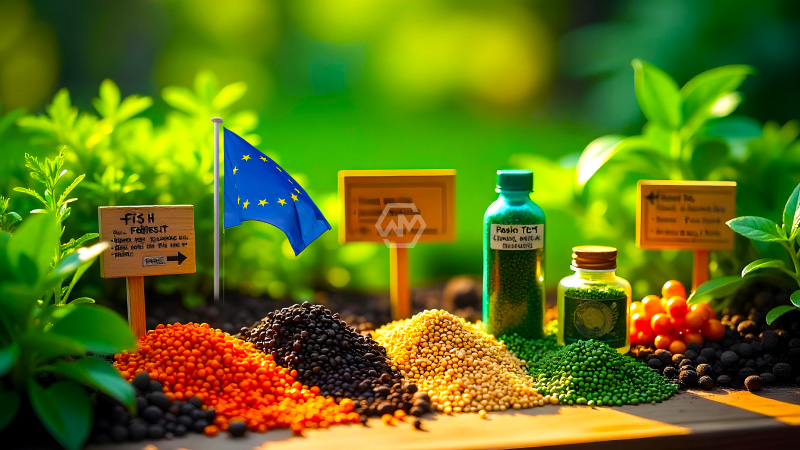- EU member states push for increased duties on food and fertilizers from Russia and Belarus.
- Concerns raised about potential impacts on European food prices and imports.
- New tariffs aim to limit revenue streams for Moscow following the Ukraine invasion.
The European Union is actively discussing the implementation of higher tariffs on agricultural and food products, as well as fertilizers imported from Russia and Belarus.
Despite the EU’s intentions, caution is being advised by some member states regarding the potential impact of these tariffs on local food prices and overall imports.
New EU Tariffs Target Russian and Belarusian Agriculture
The EU is in the process of evaluating additional tariffs on a range of agricultural products from Russia and Belarus, reflecting a strategic move to reduce these nations’ financial gains. This follows a recent decision to impose high tariffs on grain, with some countries advocating for aggressive trade measures while others urge caution to avoid harming European consumers. The discussion includes considerations of various food products and the potential impact on local markets.
Furthermore, the EU is contemplating a new sanctions package against Russia, which may face delays due to Hungary’s current presidency and its resistance to broader actions. Some member states are suggesting more targeted restrictions, such as identifying vessels that violate sanctions and engage in oil transport. Earlier this year, the EU set substantial tariffs on grains and oilseeds, indicating a trend towards more stringent trade measures as the geopolitical landscape evolves.
As the EU deliberates on its next steps, the complexity of international trade dynamics and the potential repercussions for European markets are at the forefront of discussions. The balance between political objectives and economic stability remains a critical factor for EU leaders as they navigate these challenges.
In conclusion, the EU’s proposed tariffs on Russian and Belarusian agricultural imports signal a determined effort to curb financial resources flowing to Moscow while carefully weighing the potential impacts on its own economy.
“The EU is still analyzing which products it can target.”



